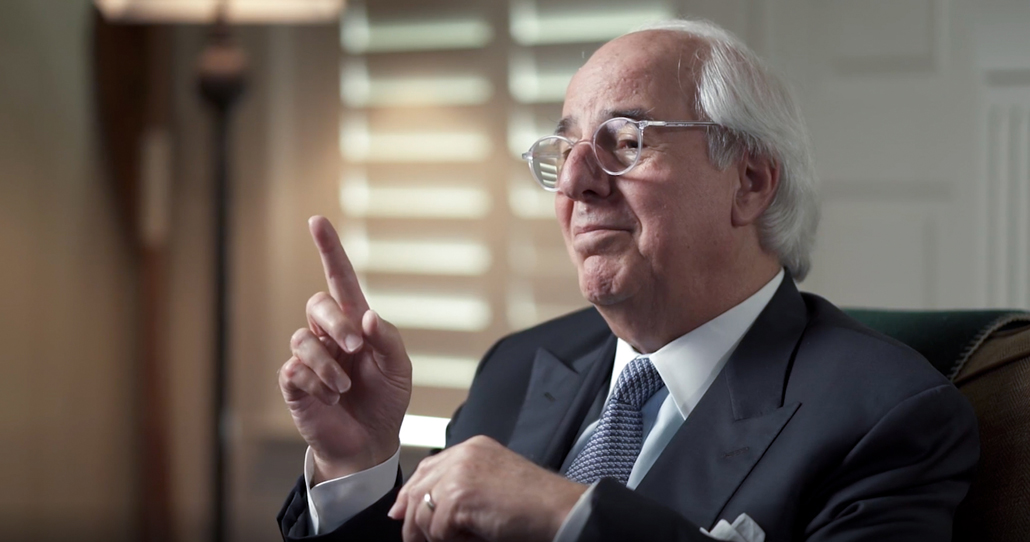HomeEquity Bank recently launched Catch the Scam, a series of online classes dedicated to helping Canadians spot scams and avoid falling victim to them. And to give viewers the inside scoop from the person who knows the industry better than anyone, HomeEquity Bank partnered with world-renowned conman-turned-fraud-expert Frank W. Abagnale, whose life inspired the hit Leonardo DiCaprio movie, Catch Me If You Can. Frank Abagnale was once wanted for fraud in 12 countries, but has since become a consultant, helping organizations including the FBI tackle fraud, forgery, and embezzlement.
The series of classes comes in the wake of a HomeEquity Bank-commissioned survey, which found that 72% of Canadians over 55 believe the number of scams has increased since the beginning of the COVID-19 pandemic. What’s more, 91% believe they’re the most vulnerable target group for scammers, while over half say they have been targeted, with more than a third falling victim.
The Lottery Scam
This scam draws your clients in with a piece of good news – they’ve won the lottery! In their excitement, your client forgets that they haven’t entered this lottery and readily pays the fees requested by the caller in order to release the winnings. Not only is the caller scamming your client out of this initial sum of money, they’re also getting hold of your client’s bank details in order to get more money from them later on.
There are several warning signs that you can remind you clients to keep in mind in order to avoid falling victim to this scam. The first is the age-old adage – if something seems too good to be true, it probably is. Remind your clients to maintain a healthy cynicism and they’re more likely to see through potential scams. Secondly, remind them that legitimate lotteries will never ask for fees or taxes up front. And of course, tell them to always be wary of urgent requests to send money.
The Romance Scam
Perhaps the cruellest scam of all, the Romance Scam exploits your clients’ desire for love and companionship. Scammers will trawl online dating profiles for older people who they perceive to be wealthy. They strike up an intense online relationship with your client, showering them with love and affection. However, there’s always a reason why they can’t meet in person or even video call; of course, the real reason is that the scammer isn’t who they say they are.
Once your client it fully enthralled in the relationship, then comes the request for money. Perhaps they need help to get out of a sticky situation or they want to pay for a plane ticket to come visit. Whatever the reason, you can be pretty sure that once they have the money, your client won’t be hearing from them again.
If you’re concerned about a client becoming a victim of this scam, there are ways you can help without completely putting them off online dating. These include encouraging them to raise their guard if a relationship is moving too quickly. Also, remind them to be wary of any urgent requests to send money and that they should never provide personal or banking information over the phone or internet.
Worrying about being scammed can cause a lot of stress for your clients, while falling victim can be extremely detrimental to their financial health. By talking to your clients about the warning signs and what they can do when faced with a suspicious caller, you can help them protect themselves from falling victim. For two more common scams as explained by Frank Abagnale, check out our blogpost Help Protect Your Clients from these Common Scams.









